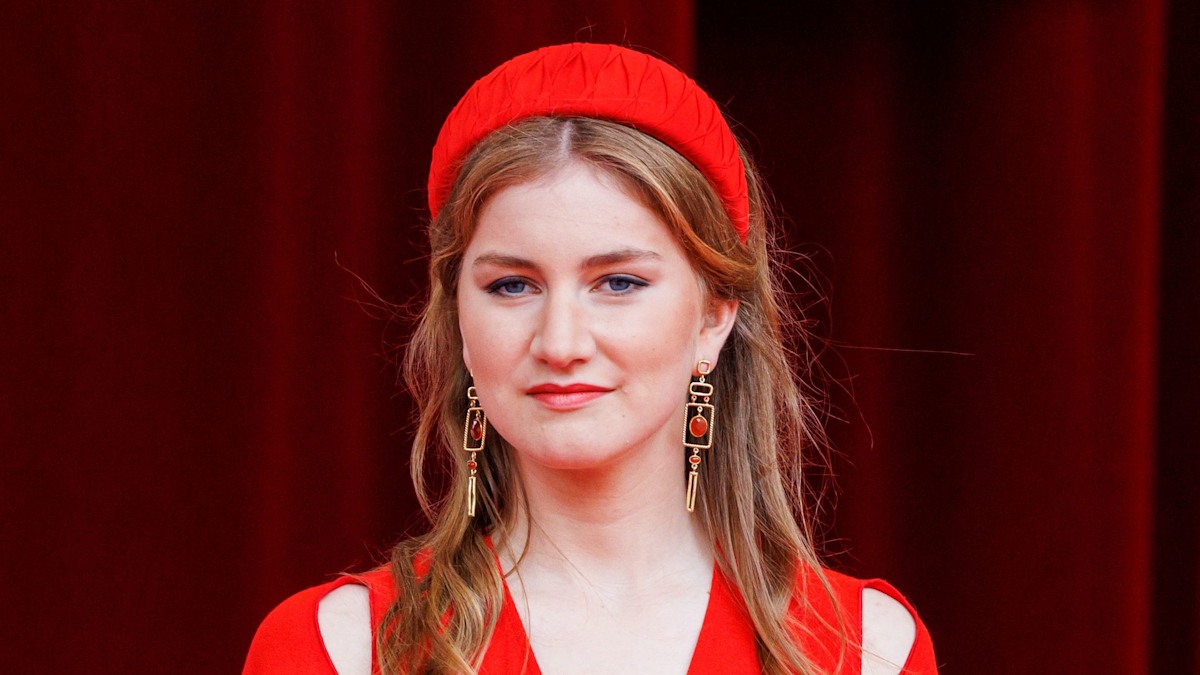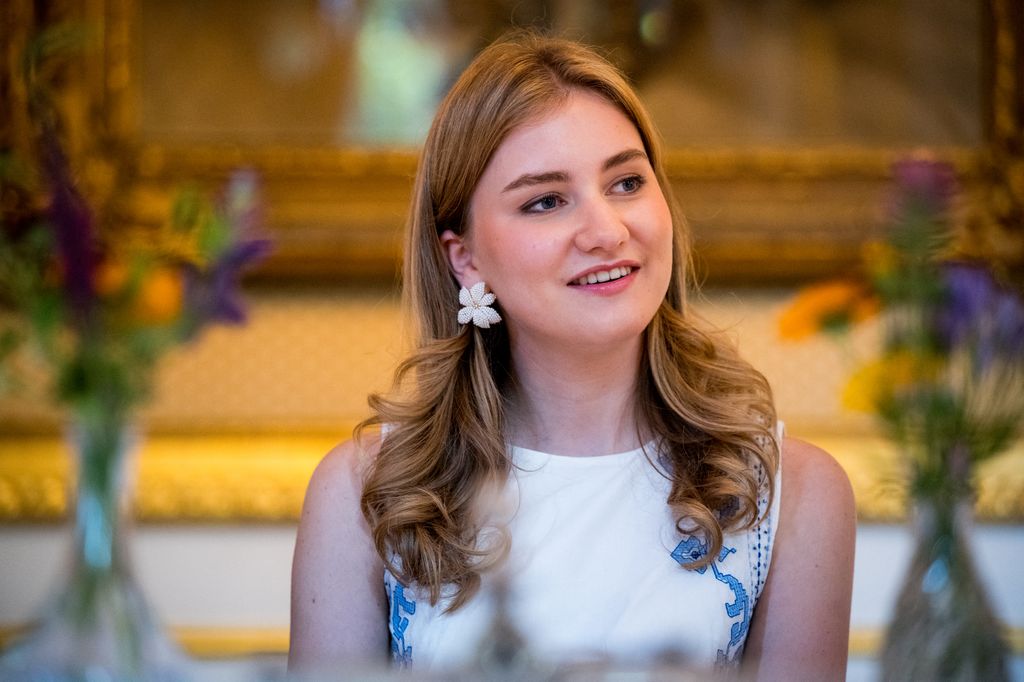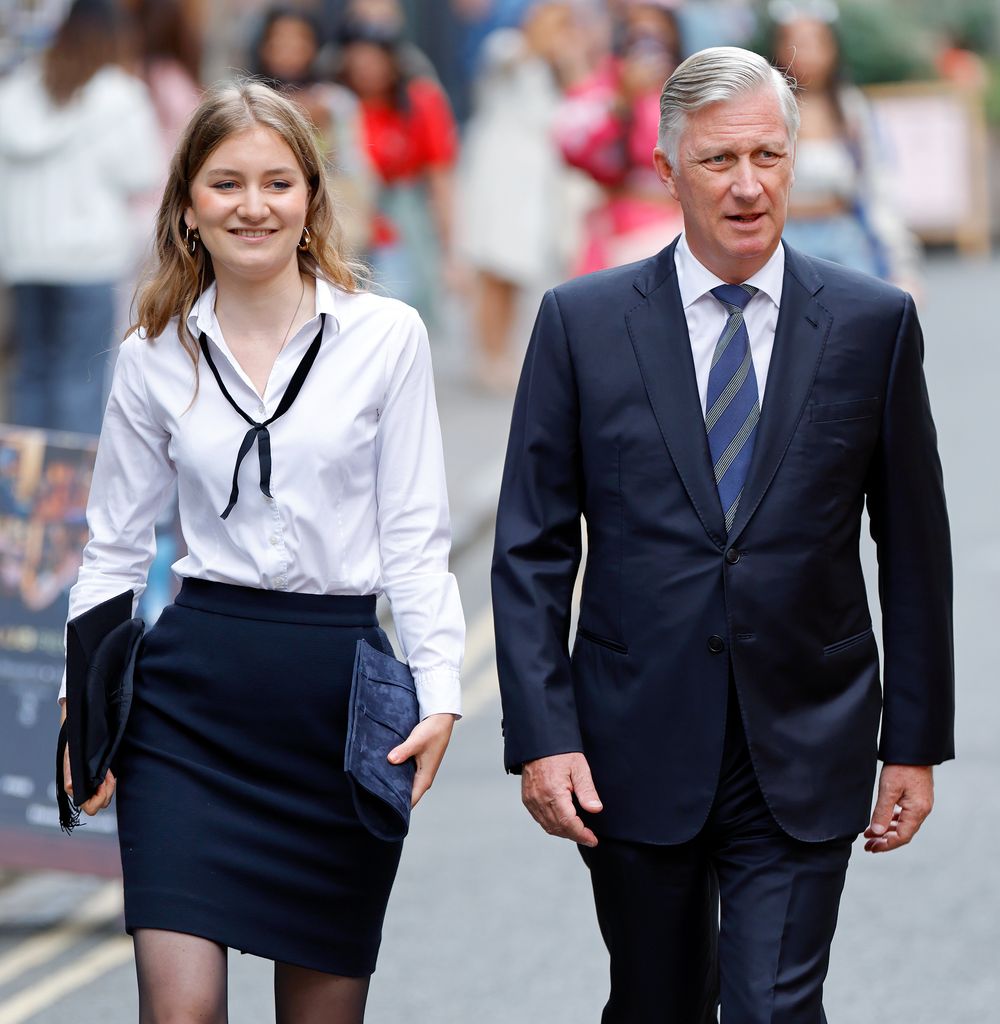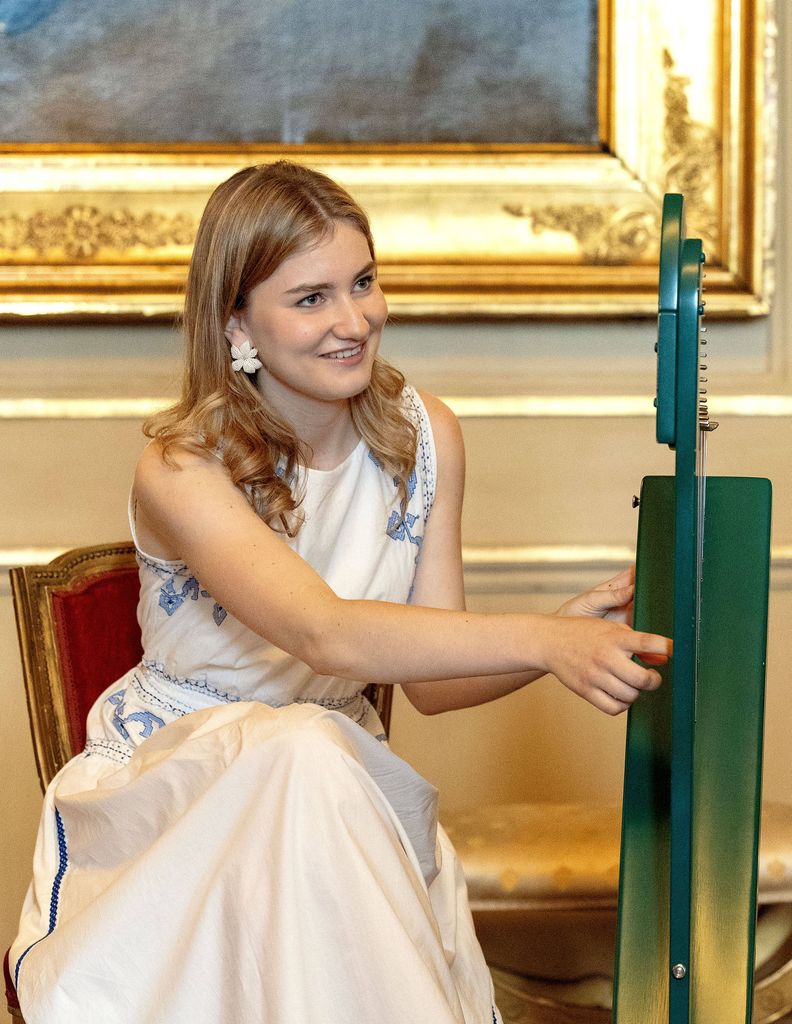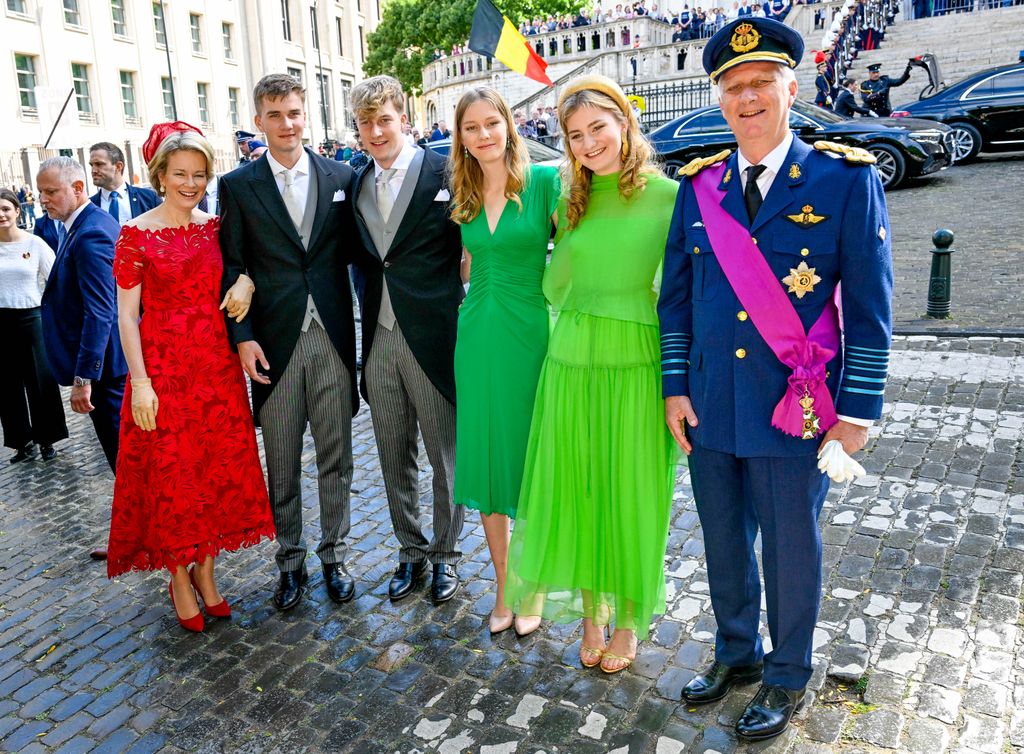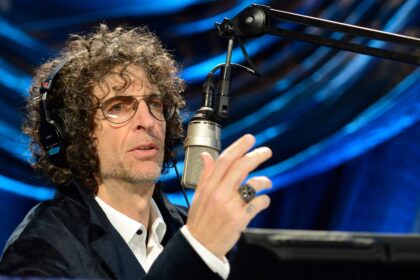Princess Elisabeth can officially return to Harvard this autumn for the second year of her master’s degree.
It comes after months of uncertainty about the Belgian royal’s academic future as President Donald Trump’s administration put a ban on international students attending classes at Harvard on a visa back in May.
The prestigious Massachusetts university pushed back with a lawsuit, meaning the rule was blocked temporarily.
While the royal palace has not released a statement about the news, Belgian royal journalist, Wim Dehandschutter, tells HELLO! that on Tuesday he did receive confirmation that Elisabeth, 23, can return to the university.
“The palace told me, ‘All indicators are currently green for her. There are no concrete reasons why she would not be able to return to Harvard in September,'” he says.
Wim adds: “According to new information from my sources close to the royal family, King Philippe, Queen Mathilde, and Princess Elisabeth have always believed in the positive outcome (despite the uncertainty).
“Which means they believed that Elisabeth could return to Harvard. Or – worst-case scenario – that the university could offer distance/online classes or find a different campus in another country.”
Sensitive situation
He says that the Belgian royal family find themselves in a tricky diplomatic situation if they release a formal statement.
“I think the royal palace is keeping communication understated because they don’t want to create a fuss or scandal,” Wim tells HELLO!. “I suspect they don’t want to create tensions with the US. The ban on foreign studies was a decision of President Trump, a head of state like King Philippe and therefore a ‘colleague’.
“I’m convinced the royal palace is happy that a solution has been found, and that it’s a good one too. They were in a difficult situation. Even if Trump were to make an exception for Elisabeth, because she is the daughter of a reigning king and a future queen herself, that would send a strange message from the royal family and could lead to significant criticism that they condone discrimination against other students.”
Wim has previously told us how Elisabeth “didn’t want preferential treatment over other Belgian students”.
“A return to Belgium was a sensitive issue, as she would have to choose between a Dutch-speaking and a French-speaking university, and between a Catholic and a liberal one,” he adds.
“Studying abroad is also important to Elisabeth. King Philippe himself studied in the UK (a semester at Oxford) and the US (three years at Stanford),” Wim says.
“And for Elisabeth, it’s the last phase of her life in which she can still be anonymous. At the end of her studies, she will take up her active role in Belgium and become an active Crown Princess, the real start of her preparations to become queen. Then her anonymous life will be over.”
Princess Elisabeth’s summer break
Elisabeth has carried out several royal engagements since returning to Belgium for the summer break.
In May, she accompanied her mother, Queen Mathilde, to the final of the 21st Queen Elisabeth Piano Competition in Brussels.
At the end of June, she welcomed ten young patients from the Princess Elisabeth Children’s Hospital in Ghent, which was named after her, to the Royal Palace in Brussels.
She also participated in the annual festivities for Belgium’s national day on 21 July, wowing in a lime green Natan dress.
It was revealed by the palace that she has completed a seven-week internship with Bruegel, an independent research centre in Brussels, which specialises in research of (European) economic policy, tying in with her public policy master’s degree.
Wim reveals that the Belgian royals also enjoyed a private family holiday over the summer period.
Read the full article here


